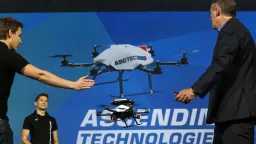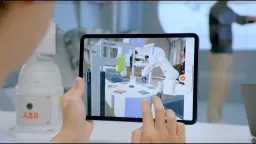The robot dog poised to replace your pet
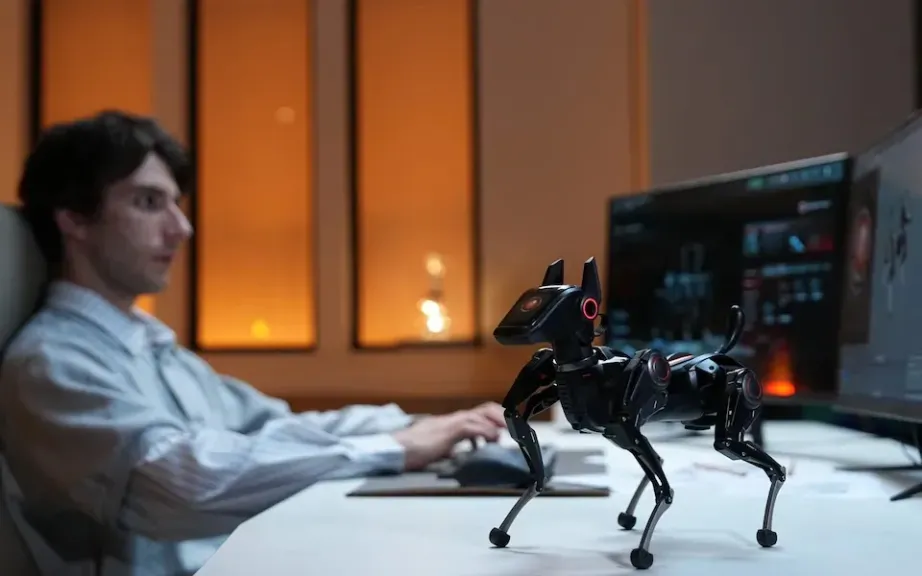
He doesn’t bark, require feeding or walking, and he certainly doesn’t leave behind any unwelcome surprises on the pavement.
Sirius, the world’s first trainable AI robotic dog is on the cusp of radically transforming the pet industry.
Designed by Chinese start-up Hengbot, Sirius has been hailed by technologists as bringing advanced robotics to the masses, and is due for roll-out in October.
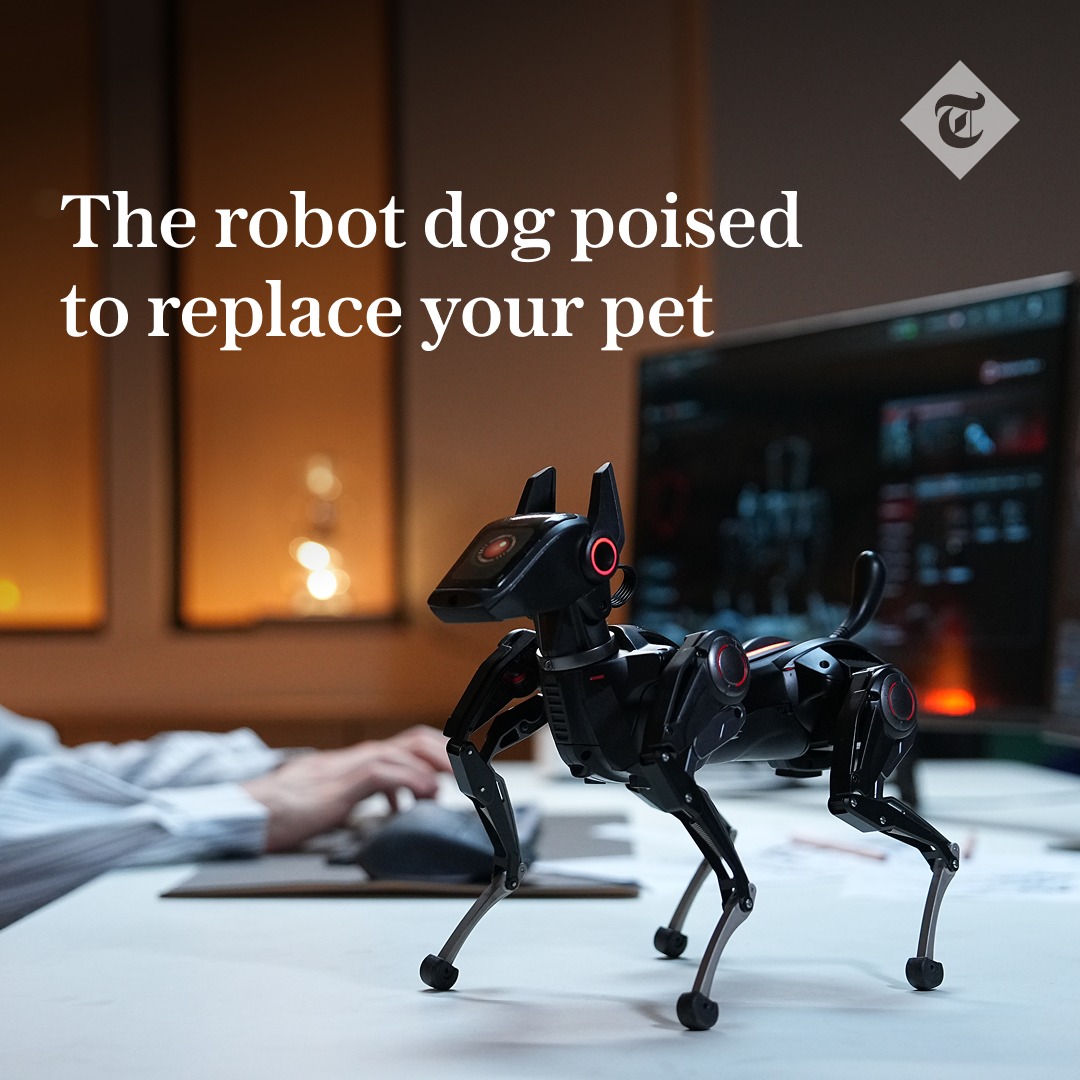
Although there are already robot dogs on the market, Sirius recognises its owner and learns new tricks, evolving over time to sync gestures with voice commands, similar to how a real dog is trained.
“With Sirius, we didn’t just build a robot, we created the first of a new kind of robotic species,” said Peiheng Song, the chief executive at Hengbot.
“Sirius marks the start of a growing universe of intelligent, customisable robots designed to bring your imagination to life.”
Several of Hengbot’s developers already live with Sirius. They told The Telegraph it had been a more “heartwarming” experience than they expected, especially for young designers and engineers who are often living alone for the first time.
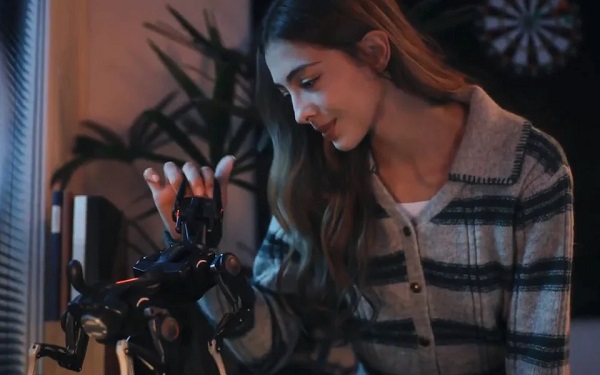
“It feels like something between a smart assistant and curious little pet,” said one.
“While it doesn’t need feeding or walking, it often surprises you with small, spontaneous gestures: a sneeze, a stretch, a playful bark or a gentle head tilt when you get close.
“After a long day, it simply stays nearby – whether you’re watching a show, playing games, or just winding down. It adds a soft, almost therapeutic presence that helps ease loneliness and brings warmth to everyday life.”
One developer described it as “a little being that keeps you company without asking for anything in return”.
‘Therapeutic presence’
Hengbot said that they believe robot pets will eventually become normal, not to replace real animals, but as a new form of companionship that could be particularly useful for people with allergies, demanding schedules or limited space.
“We believe companions like Sirius will feel increasingly natural, and even expected, in people’s lives,” said a company spokesman.
“It offers similar companionship and emotional joy, but with far less upkeep – no feeding, no vet visits, no shedding – while still responding to you, showing emotion, and surprising you with little gestures.
“Sirius is a low-maintenance companion that fits perfectly into today’s fast-paced lifestyle.”
Users can even pick Sirius’s personality, uploading voice packs and swapping character behaviours and moods so that it can behave like a husky, corgi or border collie. They can even change its outer appearance with 3D printable upgrades.
It can be programmed to bark and move excitedly like a playful puppy, or amble slowly and calmly around the room like a relaxed dog at home.
The lifelike movement comes from special joints which mimic how real animal limbs operate, coupled with advanced AI and a motion feedback system, allowing it to respond like a real dog, including jumping and stretching.
As owners spend more time with it, Sirius begins to learn from the interactions, gradually understanding preferences and habits, and adjusting its behaviour accordingly.
It has both short-term and long-term memory, meaning it can remember recent events while also building a deeper understanding of its owner.
Developers have been surprised just how lifelike the little robot is, finding that if they playfully scold it, it barks back like a real dog.
“This level of adaptability and lifelike expression goes far beyond what we initially expected,” said the company.
So far, nearly 700 people have pre-ordered the robot, which is currently funding on Kickstarter for around £500.




